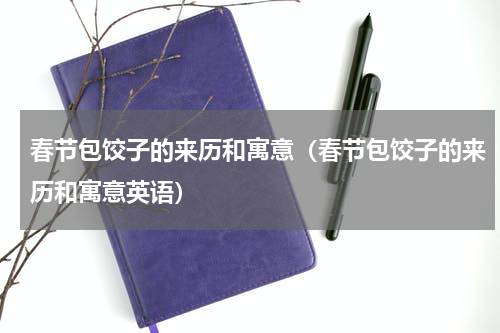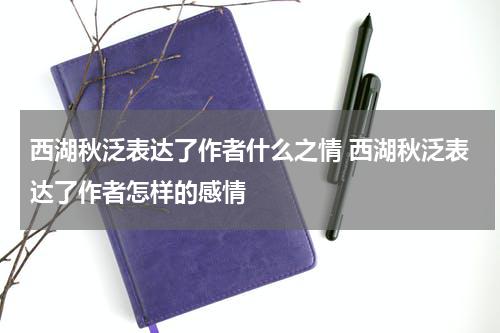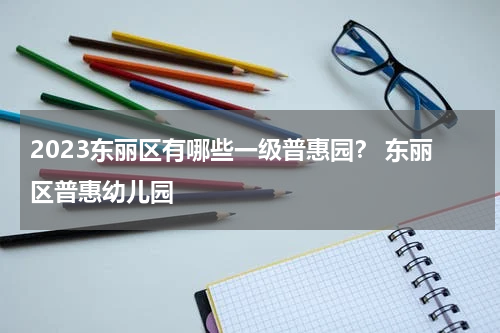TheoriginandmeaningofmakingdumplingsduringtheSpringFestivalThecustomofmakingdumplingsduringtheSpringFestivalhasalonghistoryinChinaandholdssignificantmeaning.Itisbelievedthatmakingdumplingsduringthisti

The origin and meaning of making dumplings during the Spring Festival
The custom of making dumplings during the Spring Festival has a long history in China and holds significant meaning. It is believed that making dumplings during this time originated from ancient Chinese legends and certain cultural practices.
The tradition stems from the legend of Yuanxiao, a beautiful fairy who lived in the sky. However, she grew homesick and came down to the mortal world to visit her former life. People were delighted by her company, and to show their gratitude, they prepared and ate dumplings together. By doing so, they hoped to have a prosperous and peaceful year ahead.
Additionally, the act of making dumplings symbolizes family reunion and unity. The process of wrapping the dumplings requires the participation of family members, fostering harmony among them and strengthening the bond between relatives. It is a way for families to come together, share warmth, and express love and care.
Furthermore, the shape of dumplings resembles ancient Chinese gold and silver ingots, signifying wealth and fortune. Consuming dumplings during the Spring Festival is believed to bring good luck and prosperity for the coming year.
In modern times, making dumplings during the Spring Festival remains a popular tradition in China and among Chinese communities worldwide. It is both a way to honor ancient customs and a symbol of hope for a bright future.
Overall, the tradition of making dumplings during the Spring Festival carries a rich cultural heritage, emphasizing family, unity, good luck, and happiness, making it an integral part of the Spring Festival celebrations.










